An Excerpt from 42 Today: Jackie Robinson and His Legacy, edited by Michael G. Long
On April 15, 1947, Jackie Robinson sent a seismic wave across America with his barrier-breaking first game in Major League Baseball. It was arguably the most significant progress in civil rights since Reconstruction.
That summer, Robinson captivated fans with his electrifying blend of speed and power, while meeting the withering barrage of hate he faced on and off the field with quiet restraint. His success made him the most famous black man in America and paved the way for other talented black players to join him in the integrated big leagues. It’s a well-told story, one that in the decades since Robinson’s pioneering first season has become almost mythological and taken on a sentimentality that has blinded us to his true nature and minimized the noxious racism that hardly retreated in his heroic wake. Too often we have remembered him as an unthreatening martyr who “turned the other cheek,” dependent on a helping hand from well-meaning whites. It’s a safe and simple narrative that provides white America convenient cover and does a disservice to an uncompromising patriot. It also distracts us from a dark reality: the oppressive conditions Robinson faced across his fifty-three years—casual and structural—remain as present in society today as they were then.
The silent stoicism that marked Jack Roosevelt Robinson’s initial year with the Brooklyn Dodgers ran contrary to his character. Stubborn, intelligent, with a fiery temper and full of deeply held convictions, Robinson had rarely missed an opportunity to speak out against the prejudice and injustice he saw nearly everywhere. Growing up in depression-era Pasadena, California, he faced down racist neighbors and refused to sit in the segregated section at the movie theater or leave a Woolworth lunch counter until he was served. Once he was arrested for singing a song that a police officer found offensive. Another time, while just a bystander to an argument, an officer rushed in and pulled a gun on Robinson before knowing who was to blame. As a second lieutenant in the U.S. Army during the Second World War, he faced a court-martial after refusing an order from a white civilian bus driver to move to the back of a military bus at Fort Hood, Texas—ten years before Rosa Parks’s own bold act of defiance in Montgomery, Alabama.
Brooklyn’s general manager, Branch Rickey, a high-minded opportunist, knew of Robinson’s scrapes with the law and his early discharge from the U.S. Army before signing him to the Dodgers. In these incidents, Rickey saw a man of considerable character who, though strong-willed and defiant, would care enough about succeeding that he would, for a time, suppress his natural impulse to fight back—and during his first few seasons, Robinson mostly did. But once his place in the game was secure, it was no longer necessary for Robinson to keep quiet. As President Barack Obama later observed, Jackie Robinson “had purchased the right to speak his mind many times over.”
Throughout his remaining playing days, Robinson used his enormous fame to bring attention to the countless ways in which his world was patently unjust. He criticized umpires who he believed were treating him unfairly, demanded that hotels provide equal access to him and his black teammates, and accused the New York Yankees of prejudice for failing to promote any black players to their team. When, during a midgame birthday celebration for the team’s Kentucky-born shortstop Pee Wee Reese, the grounds crew raised a Confederate flag over Ebbets Field, Robinson fumed. “Who would ever let Jim Crow back in the ballpark?” he asked resentful teammates, who were enjoying the festivities. The press, many of whom had once praised him for his self-control, took exception to his outspokenness, calling him ungrateful and urging him to be a baseball player, not a crusader. Bill Keefe, sports editor of the New Orleans Times- Picayune, declared that “no ten of the most rabid segregationists accomplished as much as Robinson did in widening the breach between the white people and Negroes.”
“If you showed anything that suggested dignity and the sense that you believed in equality, you were immediately undesirable,” said Harry Belafonte, referring to Robinson. “There’s always going to be a price to pay for any rebel sound that challenges oppression.” This of course remains true to this day. In 2016, San Francisco 49ers quarterback Colin Kaepernick chose not to stand for the national anthem in protest of police brutality against African Americans. His actions were denounced by star quarterback Drew Brees as disrespectful and criticized by the National Football League as unpatriotic, and President Donald Trump described his dissent as grounds for firing. A free agent the following season, Kaepernick went un-signed and three years later remained out of the league in spite of his earlier success and widely acknowledged talents.
Toward the end of his career, when Jackie Robinson and his wife Rachel sought to buy a larger house to accommodate their growing family, they were met with resistance. Touring homes in New York City’s northern suburbs, they were glared at by neighbors, denied access by owners, and in one case, after making an offer, told it was off the market. The effect of such racially restrictive agreements among homeowners, brokers, and community associations—even though in some cases ruled unconstitutional decades earlier—continues to keep neighborhoods segregated and limits the housing opportunities of people of color.
After baseball, Robinson wrote hundreds of newspaper columns about inequality and injustice and raised money for the NAACP and Southern Christian Leadership Conference. When Martin Luther King Jr. asked Robinson to help boost morale among civil rights workers in Georgia or Alabama, Jackie took the next available flight. He also sparred with Malcolm X over the direction of the civil rights movement and later seemed to some out of touch in forcefully dismissing the arguments of younger, more militant activists who had grown frustrated with the slow pace of change, including Muhammad Ali. But Robinson continued to make his voice heard.
He stumped for politicians who he believed would best support the interests of African Americans, including Richard Nixon, a decision he later regretted. At the 1964 Republican National Convention, Robinson attended as a special delegate, rallying a tiny band of African Americans, who were abandoned when the party lurched sharply to the right. The eventual nominee was Barry Goldwater, who had voted against the Civil Rights Act of 1964 and whose supporters included the John Birch Society and the Ku Klux Klan. At a rally outside the convention, Robinson thundered his disapproval.
“I am an American Negro first, before I am a member of any party,” he told the audience. “We will not stand silently for any major party nominating a man who in my opinion is a bigot and a man who will attempt to prevent us from moving forward.” That fall, Lyndon Johnson trounced Barry Goldwater at the polls. More than fifty years later, the party of Lincoln continued to find support among far-right organizations standing for white supremacy. In 2017, when hate groups gathered in Charlottesville, Virginia, to rally against the removal of a monument to Confederate commander Robert E. Lee, President Donald Trump, a Republican, declined to condemn the marchers after their gathering resulted in deadly violence.
If we are serious about the kind of meaningful change Jackie Robinson campaigned for both on and off the field, and before, as well as long after his monumental major league debut, we should remember him in full, celebrate his outspokenness, and acknowledge that many of the obstacles he faced as a black man in America remain fixed, blocking the path to first-class citizenship for African Americans.
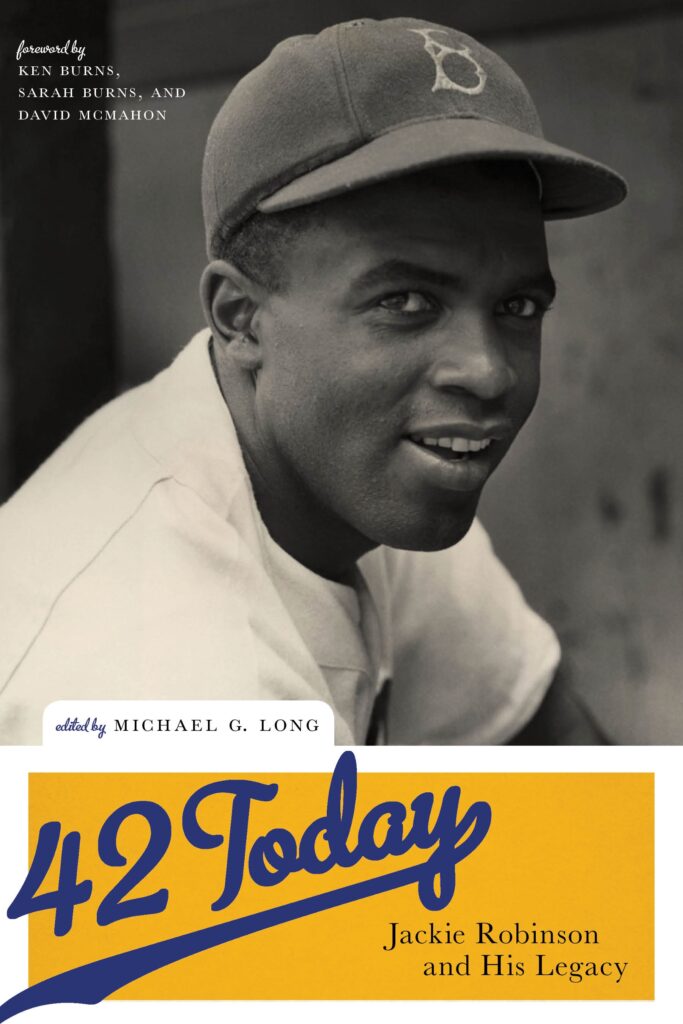
Explores Jackie Robinson’s compelling and complicated legacy
Many are familiar with Jackie Robinson as a baseball hero. Few, however, know of the inner turmoil that came with his historic status. Featuring piercing essays from a range of distinguished sportswriters, cultural critics, and scholars, this book explores Robinson’s perspectives and legacies on civil rights, sports, faith, youth, and nonviolence, while providing rare glimpses into the struggles and strength of one of the nation’s most athletically gifted and politically significant citizens. This volume recasts Jackie Robinson’s legacy and establishes how he set a precedent for future civil rights activism, from Black Lives Matter to Colin Kaepernick.

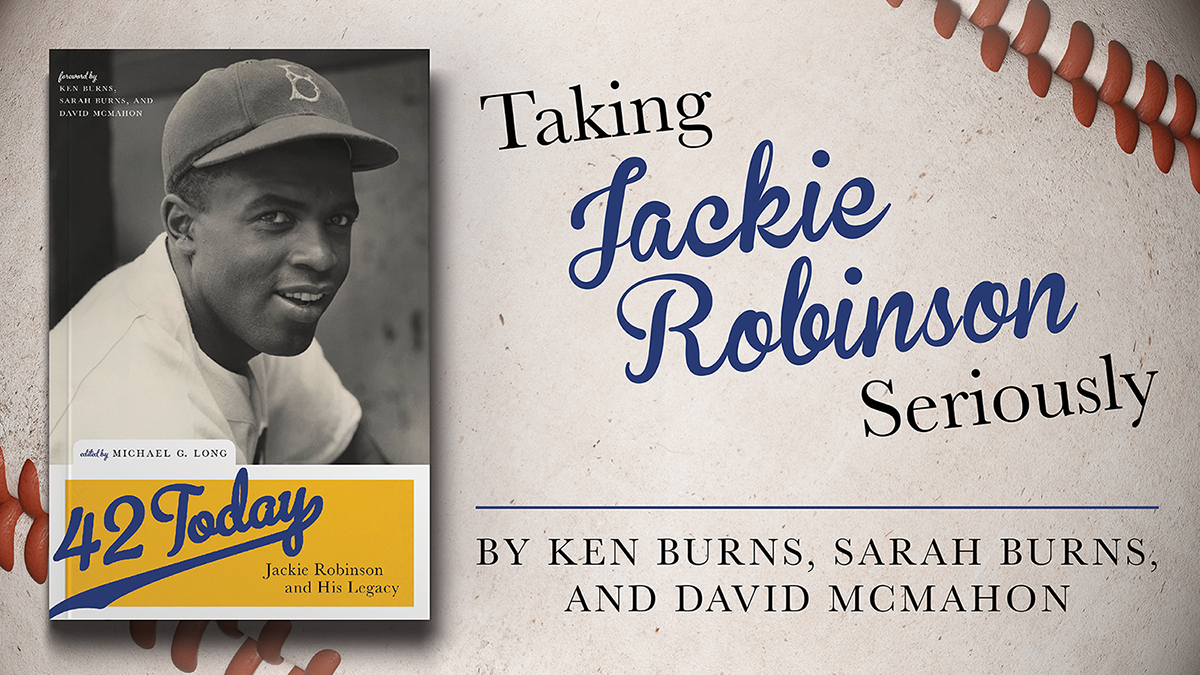
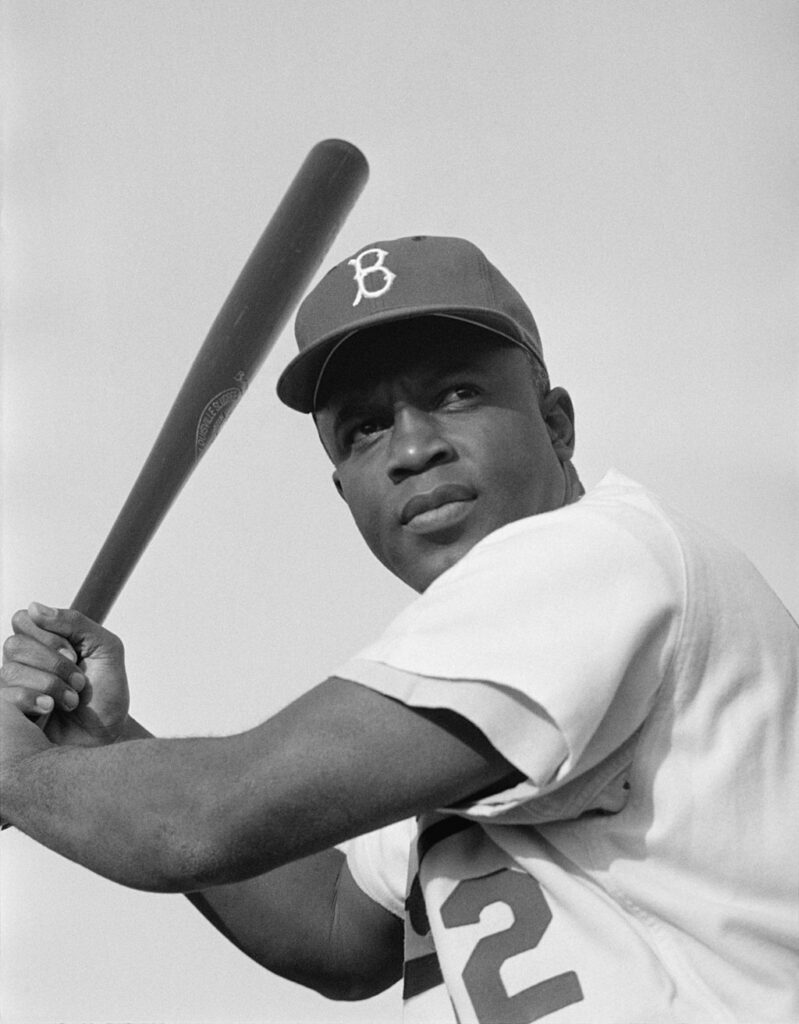
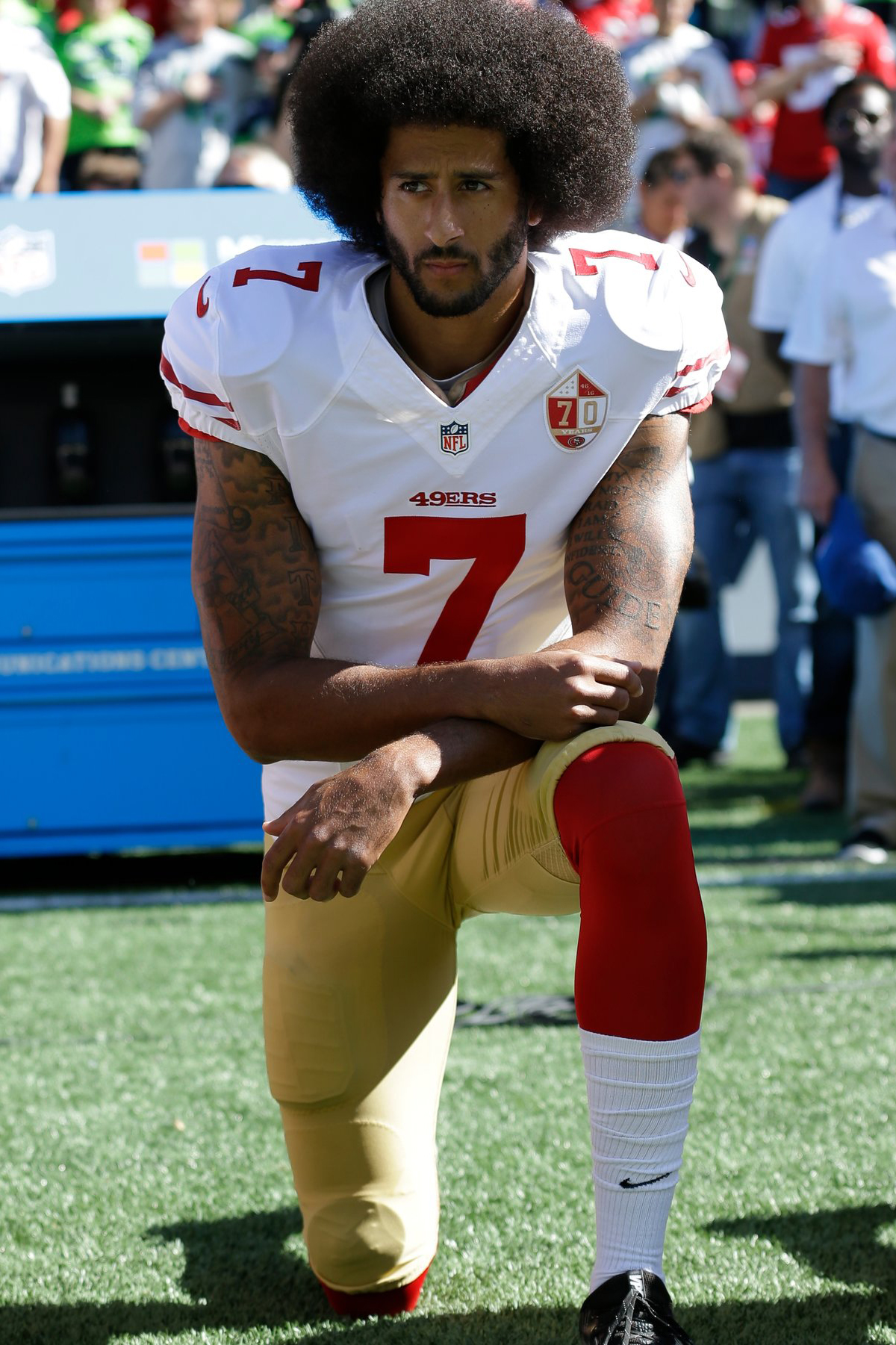
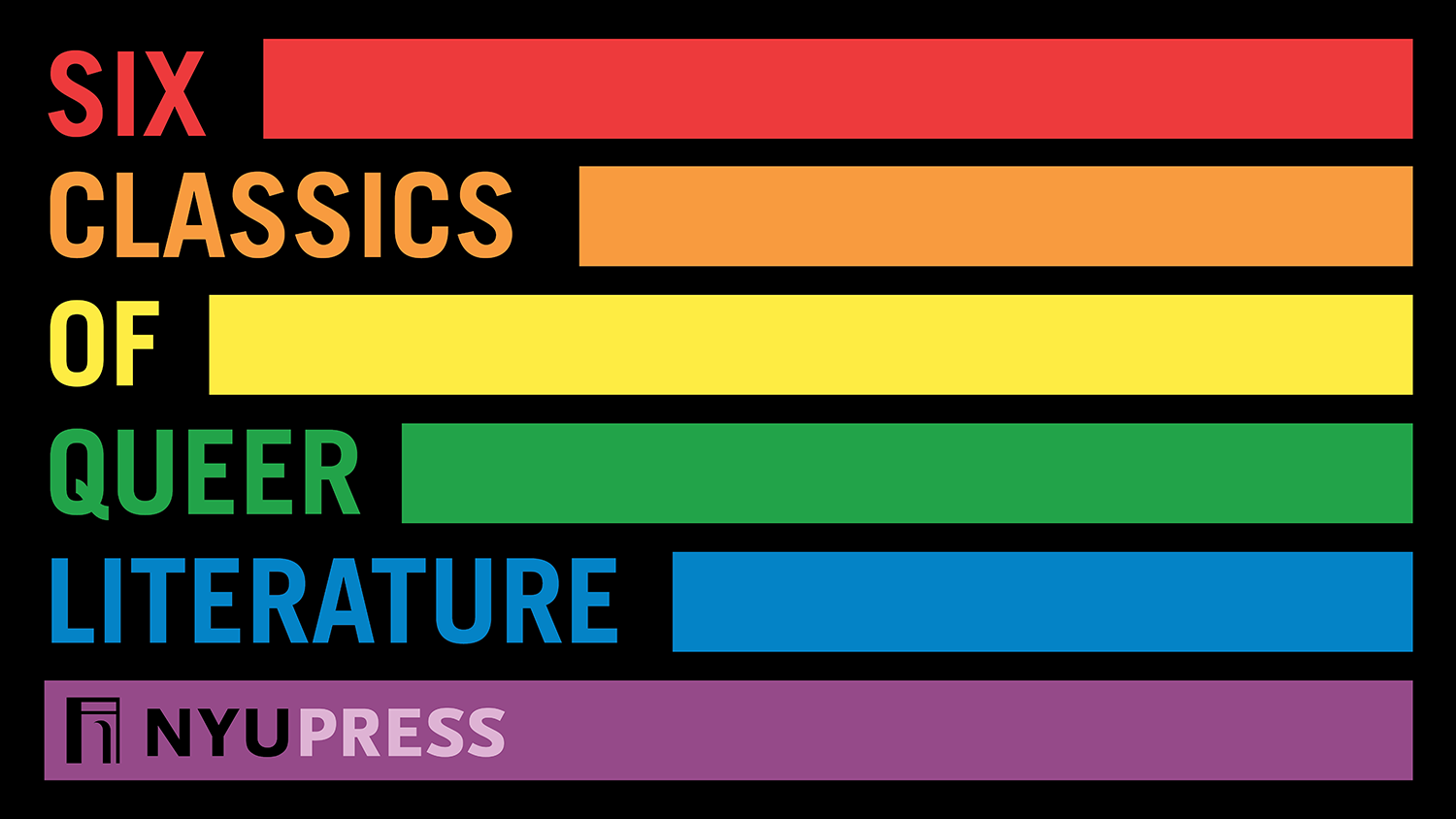 Six Classics of Queer Literature
Six Classics of Queer Literature